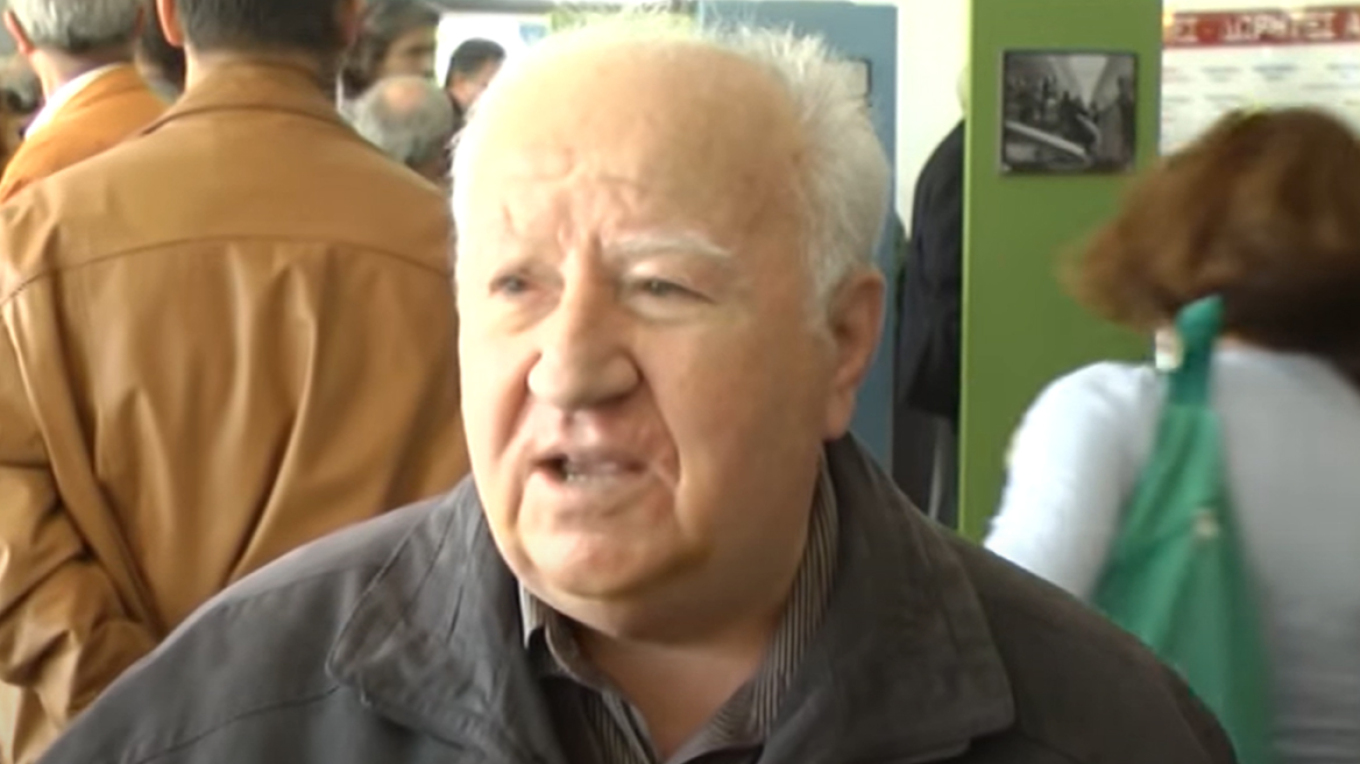Famous Greek seismologist Vassilis Papazachos, the emeritus professor who was inextricably linked to Thessaloniki and its residents with the great earthquake of 1978, died at the age of 92 on Thursday morning.
As the journalist Pantelis Savvidis wrote, Vassilis Papazachos was “an emblematic scientific and social figure, a face that in difficult times we felt close to us”.
Vassilis Papazachos was born in 1930 in Smokovo, Karditsa, where he finished Primary School and graduated from the 9th Night Gymnasium of Athens. He studied Physics at the University of Athens and received a Ph.D. from the same University (1961). He was retrained in the USA (1961-1964) where he received an advanced degree in Geophysics.
He was appointed assistant at the Geodynamic Institute of the Athens Observatory (1956) and curator at the same Institute (1961). He was elected full-time Professor of Geophysics at AUTH (1977), director of the Department of Geophysics (1983-1996), President of the Geology Department of AUTH (1982-1987), and was Chairman of the Board of Directors. of the Institute of Technical Seismology and Antiseismic Constructions – ITSAK (1983-1999).
He taught 14 courses in Geophysics over several decades, authoured 9 university-level books, and supervised the preparation of 16 doctoral theses. He formed three research groups (1964, 1977, 1980) from a significant number of young scientists who occupied high university positions or staffed research or other institutions.
He has published over 200 original scientific papers in international scientific journals and conference proceedings. In his scientific work, there are more than 1000 citations to other scientists in international publications. He pioneered the establishment of the first Greek seismograph network (1965), the first telemetric seismograph network (1981), and the accelerometer network of the Institute of Technical Seismology and Antiseismic Constructions (1981).
He contributed to the anti-seismic design of many large technical projects, to the formulation of the country’s anti-seismic policy, and to inform the Greek citizens about anti-seismic protection issues. He published a series of articles on general research and education issues, actively participated in trade union bodies in his field, and developed broader social action (member of the board of directors of a municipal enterprise, etc.).
Ask me anything
Explore related questions





